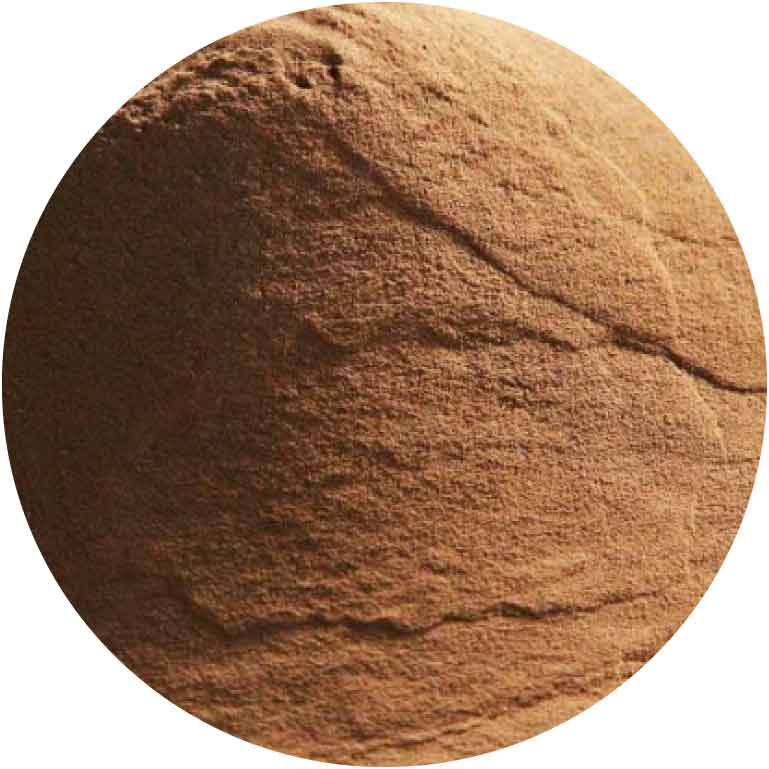About us
Enerlab is a manufacturer of insulation products located in Saint-Mathieu-de-Beloeil, near Montreal. Enerlab specializes in the formulation and production of high performance polyurethane foam systems and in the manufacture of polyisocyanurate (PIR) and structural insulated panels (SIP).

Cartier® brand goes biobased and becomes ISO-TERRA®
Polyisocyanurate panels have been known under the CARTIER® brand name for several decades. They were produced using three generations of blowing agents. (CFC, HCFC, HFC).
- Today, they are produced using the latest generation of blowing agent (HFO) which is non-ozone depleting and has a negligible impact on global warming.
- The other major advantage is the fact that the thermal resistance to cold is increased unlike PIR foams expanded with hydrocarbons whose thermal resistance is decreased.
- Today, our ISO-TERRA® PIR panels, produced with the innovative ISO-LIGNIN® technology, are biobased products with 20% lignin, a renewable resource that does not compete with the food chain.
Innovation Science and Technology
In order to reduce its environmental impact, Enerlab undertook in 2010 a vast Research and Development program to integrate lignin, which is a non-valued by-product of the paper, forestry and agricultural industries, to replace up to 25% of petrochemicals used in the formulation of polyurethane products. From very low density foams to high performance composites.
This new patented technology is called ISO-LIGNIN® and is a world first.
Iso-Lignin® Technology
Iso-Lignin technology is a lignin polymerization process.
This innovative technology consists of a reactive polymer mixture based on lignin and isocyanate, a raw material used in polyurethane chemistry.
This prepolymer is then reacted with a catalyst, heat or resin to form the final product. The process does not require the use of solvents or chemical modification of the lignin.
This patented technology is offered under license.

Lignin
Lignin is the second most important natural biopolymer after cellulose on earth and has great economic and environmental benefits.
Lignin, a by-product of the paper, forestry and agricultural industries, is considered a renewable, bio-based resource, unlike petrochemical-based products.
The use of lignin as a biomass that is not part of the food chain is an environmentally responsible source for the production of biosourced polyurethanes.
